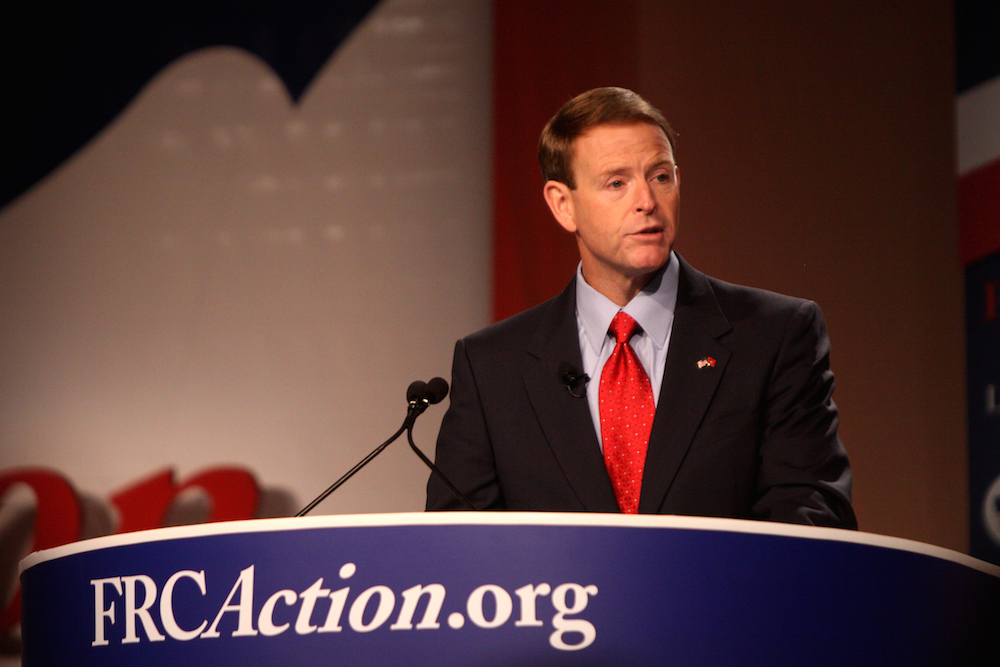Note from Jake: This is the final post in Matt’s social conservatism series published in 2012 which we are re-publishing this week.
One of my underlying themes through this week has been the current lack of confidence among mainstream social conservatism. I’ll grant this is a somewhat surprising subcurrent: after all, the religious right hasn’t exactly earned its street cred through timidity and reserve. But I have always been haunted by that old verse, “in quietness and confidence shall be your strength,” as though the most authentic and honest sign of assuredness is the mocking silence in the face of those who oppose us.
Login to read more
Sign in or create a free account to access Subscriber-only content.
Topics:
